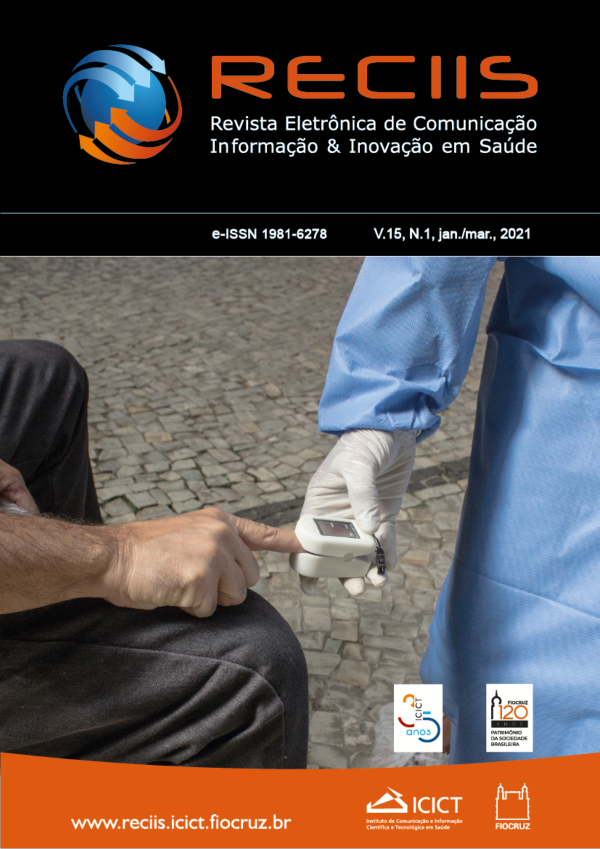Kleist for isolation times: orality, body, and thought
DOI:
https://doi.org/10.29397/reciis.v15i1.2225Keywords:
Heinrich von Kleist, Social isolation, Orality, Body, Thought.Abstract
The article presents and explores Heinrich von Kleist’s essay “On the gradual construction of thoughts during speech” (1805-1806). Its main thesis articulates orality, body, and the gradual production of thought: against the metaphysical tradition, Kleist analyses the intertwining of speech, atmospherical states of the body and the act of thinking. He highlights the temporal dimensions necessary to the fabrication of ideas not inside the mind, but during the vivacious practice of speech. This text offers relevant clues to the discussion of possible effects on thinking caused by the social isolation due to the Covid-19 pandemic, which segregates speech from the presence of the bodies. The methodology employed concerns a close reading of Kleist’s essay, relating the thesis presented to some concepts and perspectives developed by Deleuze and Guattari, as well as to the present context of social isolation and expansion of mediated communications.Downloads
Published
How to Cite
Issue
Section
License
Author’s rights: The author retains unrestricted rights over his work.
Rights to reuse: Reciis adopts the Creative Commons License, CC BY-NC non-commercial attribution according to the Policy on Open Access to Knowledge by Oswaldo Cruz Foundation. With this license, access, download, copy, print, share, reuse, and distribution of articles is allowed, provided that it is for non-commercial use and with source citation, granting proper authorship credits and reference to Reciis. In such cases, no permission is required from the authors or editors.
Rights of authors’s deposit / self-archiving: The authors are encouraged to deposit the published version, along with the link of their article in Reciis, in institutional repositories.












